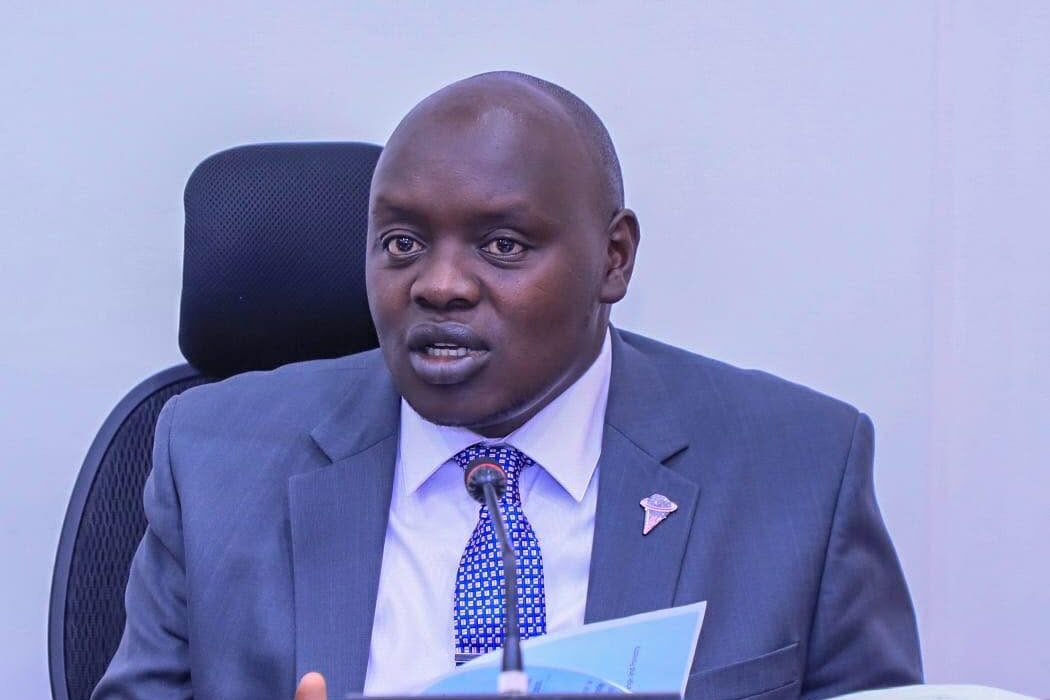Kenya’s mobile subscribers may continue to pay higher-than-necessary call charges as questions mount over the Communications Authority of Kenya’s (CA) delay in implementing recommended lower Mobile Termination Rates (MTR). Nandi County Senator Samson Cherarkey has formally sought a statement from the Standing Committee on Information, Communication and Technology to clarify why the Authority has deviated from expert advice.
Mobile Termination Rates are the fees telecom operators charge each other to terminate calls on their networks. They are a fundamental determinant of the retail cost of voice services and play a critical role in ensuring affordable access to communication across the country. Reductions in MTRs are widely regarded as a mechanism to lower costs for consumers, stimulate competition among operators, and increase overall mobile penetration.
In a statement submitted to the Committee, Senator Cherarkey noted that a consultant engaged by CA had recommended a significant reduction in the MTR to KES 0.06 per minute, a figure aligned with international best practices. Some jurisdictions have even adopted zero-rated termination charges to boost consumer welfare, promote fair competition, and reduce barriers to entry for smaller telecom operators.
“Mobile Termination Rates are a key determinant of the cost of voice calls across networks. Reducing MTRs is essential to ensuring affordable and accessible communication services for all Kenyans,” Sen Cherarkey said. “The consultant engaged by the Communications Authority recommended a significant reduction, yet the Authority has set the rate much higher than advised. This raises questions about the decision-making process and prioritization of consumer interests.”
Instead of adopting the consultant’s proposed rate of KES 0.06 per minute, the CA announced a revised MTR of KES 0.41 per minute, effective March 1, 2024, down from the previous KES 0.58 per minute. While the revision reflects a reduction, it remains nearly seven times higher than the expert-recommended level, prompting concerns over whether operators or policy considerations influenced the deviation.
The Senator has asked the Committee to compel CA to explain the rationale behind setting the MTR at KES 0.41 per minute rather than aligning it with the consultant’s recommendation. Specifically, the Committee is expected to interrogate the criteria used in deciding the new rate, the impact assessment conducted on consumers and operators, and any financial or regulatory constraints cited by the Authority.
In addition to justification for the current rate, Senator Cherarkey has requested that the Committee seek clarity on the timeline for fully implementing the consultant-recommended rate of KES 0.06 per minute. He noted that the current MTR arrangement is scheduled to lapse in March 2026, leaving a window to expedite alignment with best-practice recommendations. The Senator emphasized the importance of a transparent, accountable implementation process to safeguard consumer interests and promote competition in Kenya’s mobile market.
Telecommunication experts have long argued that high MTRs increase the cost of calls, particularly for consumers making cross-network calls. Lower termination rates encourage operators to offer cheaper packages and promotional bundles, which can increase mobile adoption, support digital inclusion, and foster the growth of mobile-driven services such as mobile banking, e-learning, and telemedicine.
The delayed implementation of the consultant’s recommended rate may also have broader economic implications. Analysts note that affordable voice communication is a key enabler for small and medium-sized enterprises, especially in rural and peri-urban areas, and can enhance efficiency in sectors such as agriculture, trade, and logistics. A prolonged gap between recommended and actual MTRs may therefore constrain the full socio-economic potential of digital connectivity in Kenya.
The Parliamentary ICT Committee is now expected to summon the Communications Authority of Kenya for a detailed briefing. Senators and MPs are likely to press for a clear action plan outlining steps to bring the MTR in line with expert advice, measures for consumer protection, and a mechanism to monitor compliance.
Stakeholders, including consumer advocacy groups, telecom operators, and digital service providers, will be watching closely. The outcome of the inquiry could determine the pace of regulatory reforms aimed at reducing mobile call costs, enhancing market competitiveness, and ensuring that the benefits of digital access reach a wider segment of the Kenyan population.
As Kenya continues to pursue digital transformation under initiatives such as the Digital Economy Blueprint, policy alignment on critical regulatory instruments like the MTR will remain essential. Ensuring that regulatory decisions reflect international best practices, support affordable access, and maintain transparency will be pivotal in shaping the future of the country’s telecommunications sector.





